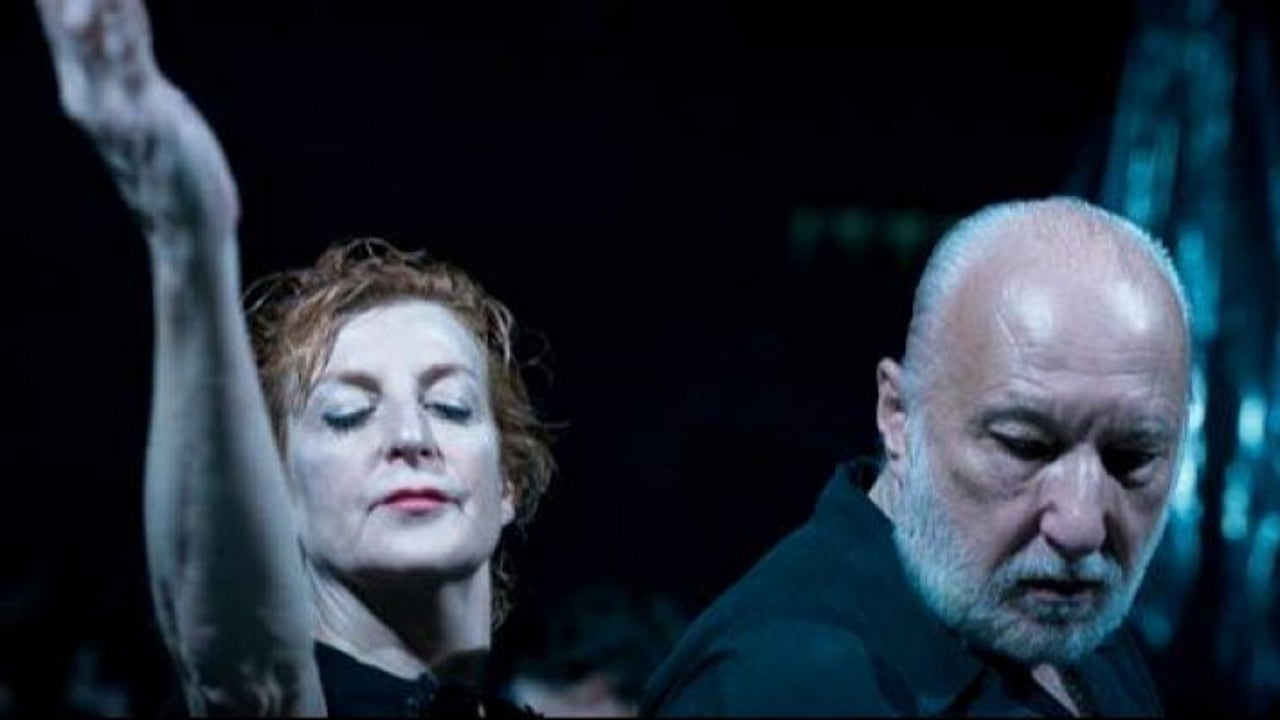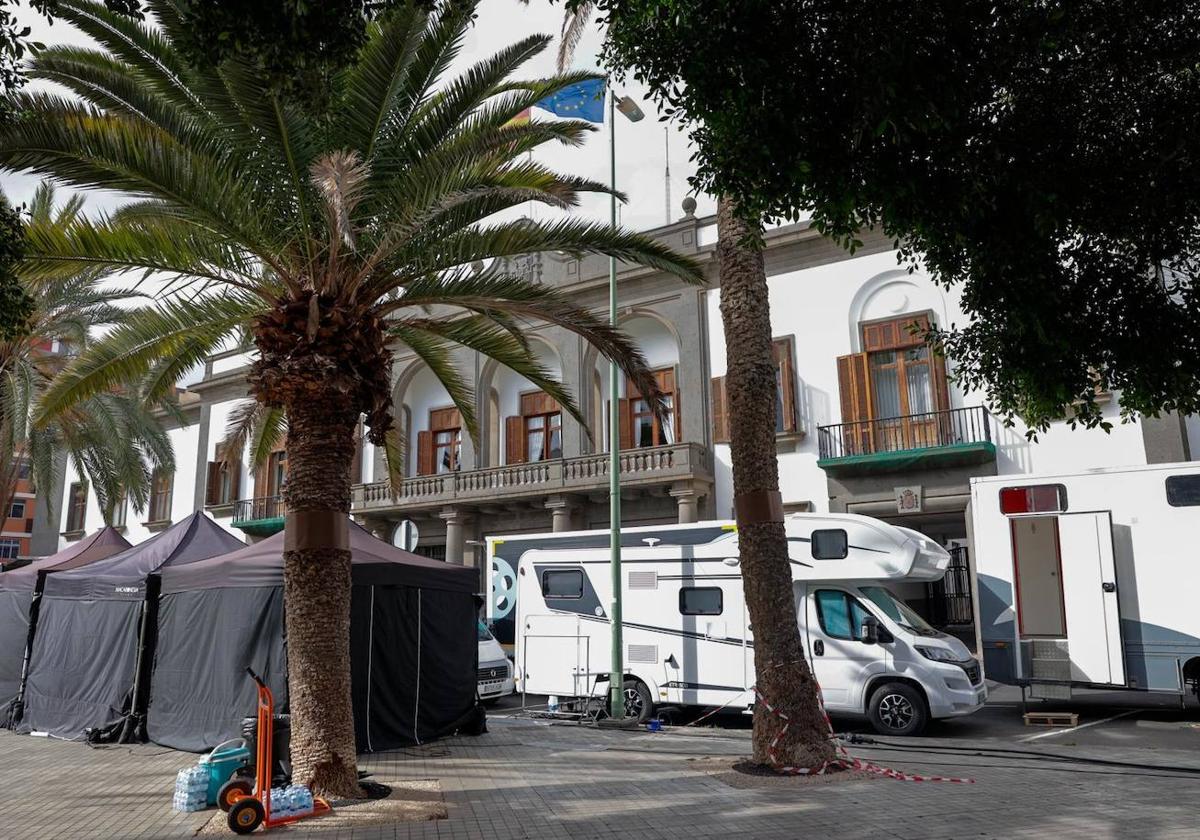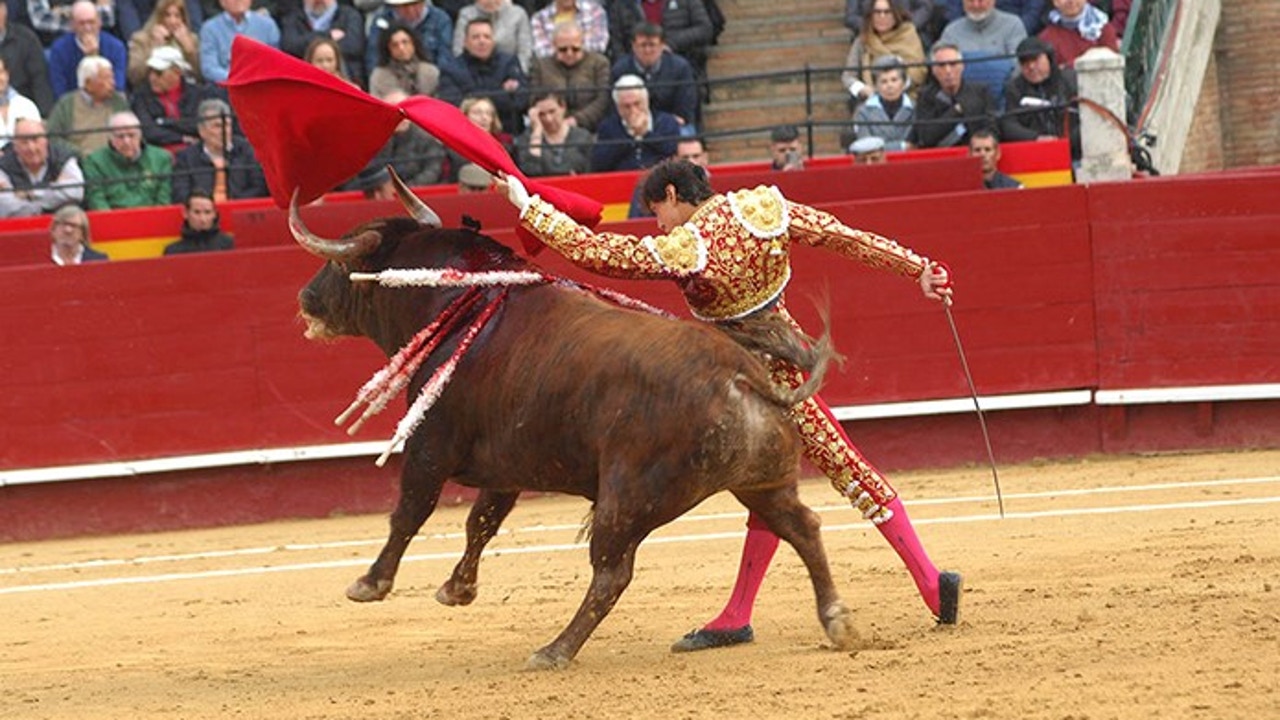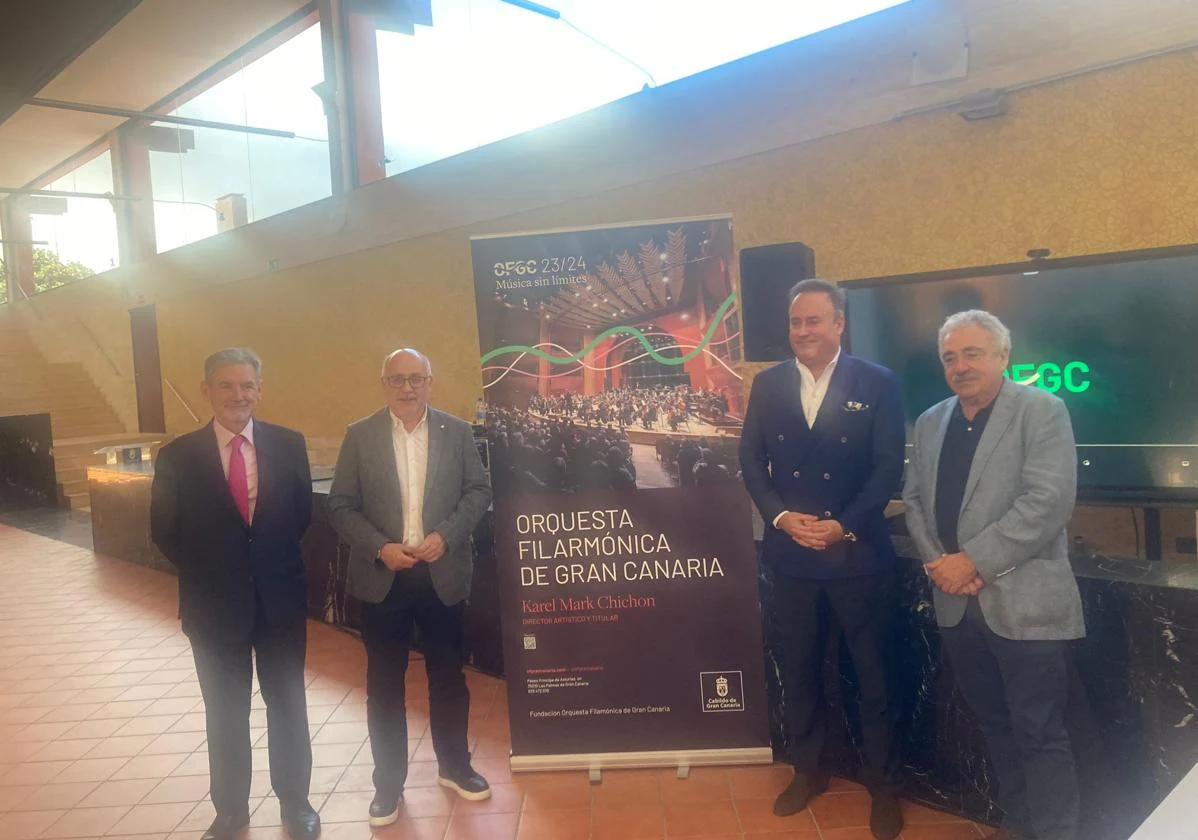Songs from beyond pain | Culture


David Afkham is taking the National Orchestra and Choir of Spain to adventures that, until not long ago seemed foolish, and with amazing results. One of those adventures is the programming of Gurrelieder, of Schoenberg, a work shocking for its format: an orchestra expanded to almost the limit of the capacity of the National Auditorium stage, a giant choir of more than one hundred members, in fact two, the National and the Community; and, in addition, six soloists with good knowledge of the German repertoire. But it's not all, it's a work of about two hours. Is such effort worth it? I resolutely say yes. Artistic success, raising the level of all the participating artists and an authentic sound feast that most of the audience has appreciated.
Gurrelieder it is a foreign body in the author's catalog marked by the stigma of the revolutionary avant-garde. It is his last tonal and decidedly post-romantic work. It is also a work marked by a great fissure, its first part was composed in the middle of the first decade of the last century, and the second, almost ten years later. In fact, Gurrelieder it was about to be another one of the great unfinished works of the author (Jacob's scale, Moses und Aron...), but it concluded and its premiere in 1913 was one of the rare moments of success of the great Viennese. A few years later the war came and there the party ended.
TO Gurrelieder influences are attributed to Wagner Y Mahler, and it is difficult to deny it, but without this constituting a demerit, the great musicians militated in a style that had created a sonorous archetype of enormous transcendence. This influence affects, above all, the first half of the work, a surprising hour of music. The second part is much more "Schoenbergian". It is said that it points towards atonality, but I perceive rather an exquisite treatment of the textures and orchestration that anticipate the great Schoenberg.
Gurrelieder, Arnold Schoenberg. National Orchestra and Choir of Spain. Choir of the Community of Madrid. Director, David Afkham. Soloists: Juliane Banse, soprano; Simon O'Neill, tenor; Karen Cargill, mezzo-soprano; Barry Banks, tenor; Wilhelm Schwinghammer, bass; Thomas Quasthoff, narrator. National Music Auditorium October 19, 20 and 21
In fact, the stylistic cut does not make the work suffer, but it does highlight a problem that the Afkham version has not known or wanted to alleviate, the first half's super cover of the singers that barely exceed the sonorous chorus that They have their backs. That affects the soprano Juliane Banse and the tenor Simon O'Neill, and she is saved as can the mezzo Karen Cargill.
In the second half, the rest of the voices and even O'Neill himself (who sings to the suffering King Waldemar), sound correctly. It may be a problem of difficult solution if you do not want to "shave" the powerful Schoenbergian orchestra, but it is the only one that stands out in a production that is a sonorous and artistic luxury. Special mention deserves the option of subtitling in the room to follow the verbose and tremendous story of King Waldemar who challenged God after losing his beloved Tove. That cunda the example in choral concerts.











